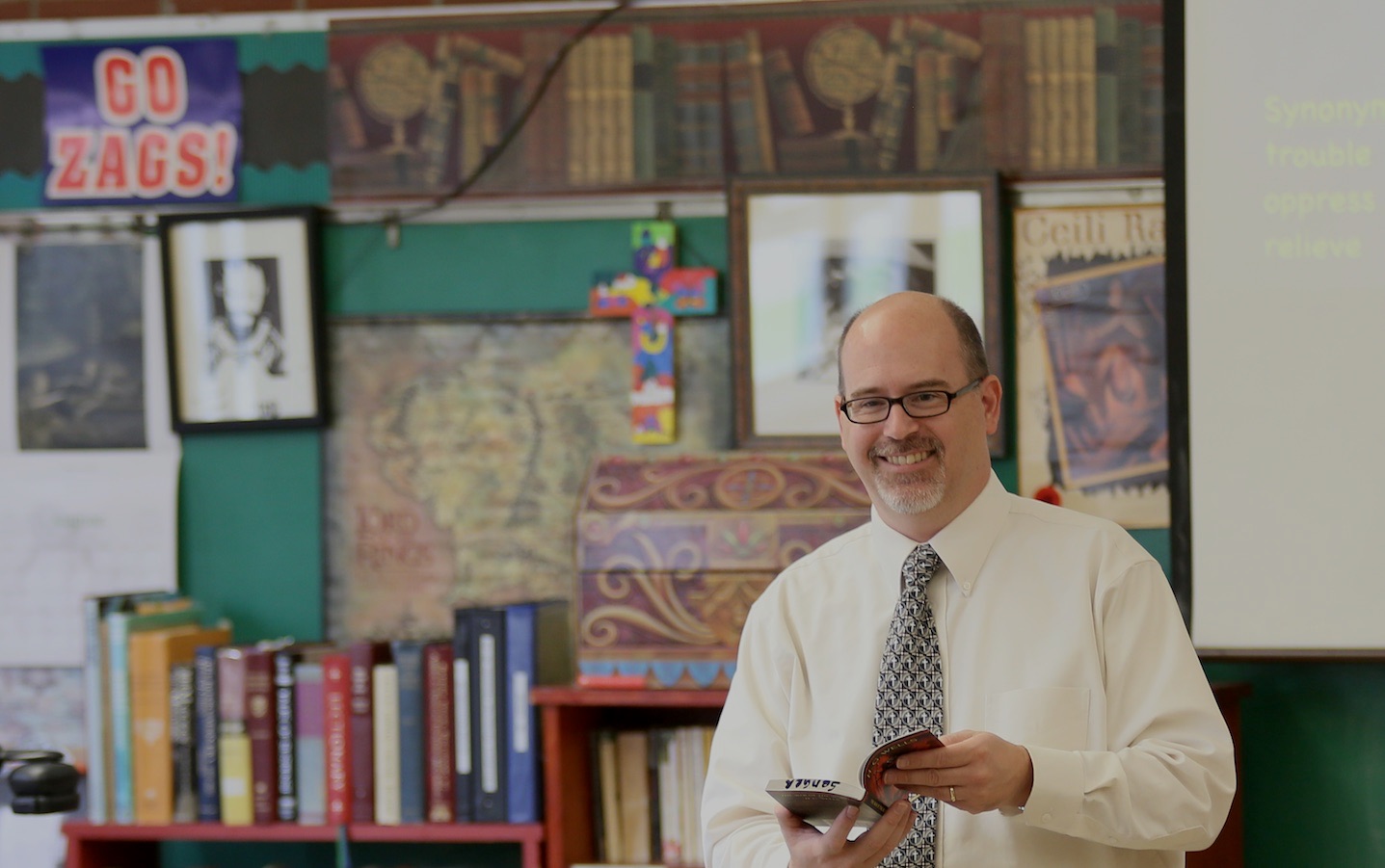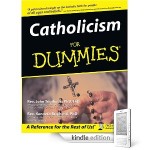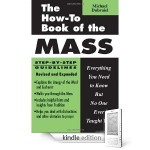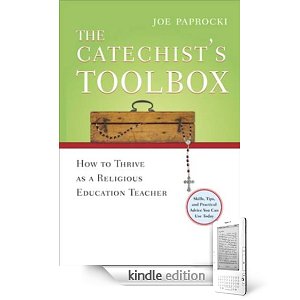This week we feature two books to help you or your students brush up on the essentials of our faith.
Catholicism for Dummies, by Fr. John Trigilio and Dr. Kenneth Brighenti. For Dummies. Print Length: 432 pages. Kindle Price: $13.19.
There are more than one billion Catholics in the world, and each one has a similar set of basic beliefs and practices that he or she follows. Some of the teachings of Catholicism are thousands of years old, while others are more recent. So what is the Catholic culture like and what do they believe? Catholicism For Dummies answers these and many other questions.
Whether you-re a Catholic or not, you may be totally clueless or just unaware of some aspects of Catholic traditions, history, doctrine, worship, devotion, or culture. No sweat. Regardless of whether you-re engaged, married, related to a Catholic, or just curious about what Catholics really do believe, this book is for you.
Catholicism For Dummies is not a catechism or religious textbook, but a casual, down-to-earth introduction for non-Catholics and reintroduction for Catholics. It gives commonsense explanations so that the next time you-re invited to a Catholic wedding, Baptism, funeral, Confirmation, or First Communion, you won-t be totally confused. You-ll also discover other important topics that can help you better understand the Catholic culture-from morality and devotions to worship and liturgy. This book will familiarize you with Catholicism by showing you:
- What it means to be a Catholic: traditions, prayers, beliefs, and holidays
- Who is who in the Catholic hierarchy
- How Catholics worship
- What the Seven Sacraments and Ten Commandments are
- The book regarded as the holiest to Catholics: The Bible
- The Church-s stand on some sticky issues
Catholicism For Dummies presents a rich tapestry and history of the Catholic faith-from devotions to doctrines. This intelligent and faithful look at Catholicism will open your eyes to this religion and answer many of the questions you may have about it. — Amazon.com
The How-To Book of the Mass: Everything You Need to Know but No One Ever Taught You, by Michael Debruiel. Our Sunday Visitor. Print Length: 272 pages. Kindle Price: $9.99.
Maybe you are a recent convert, or perhaps you’ve attended Mass your whole life, but there are still things that puzzle you, like: when you should genuflect and when you should bow; what the different books used at Mass are and what they contain; the meaning of words like “Amen,” “Alleluia,” or “Hosanna”; what to do during the sign of peace.
You aren’t alone.
The How-to Book of the Mass not only provides the who, what, where, when, and why of the most time-honored traditions of the Catholic Church, but also the how. All in an easy-to-read, easy-to-understand format.
In this complete guide to the celebration of the Eucharist you get:
- Step-by-step guidelines to walk you through the Mass
- Biblical background of the prayers of the Mass
- Insights from the Tradition and teaching of the Church
- Practical aid to overcoming distractions
- Concrete ways to grow in your relationship with Jesus Christ at every Mass
- A handy study guide for individual or group use
— Amazon.com






 Are your students afraid of failure?
Are your students afraid of failure?
